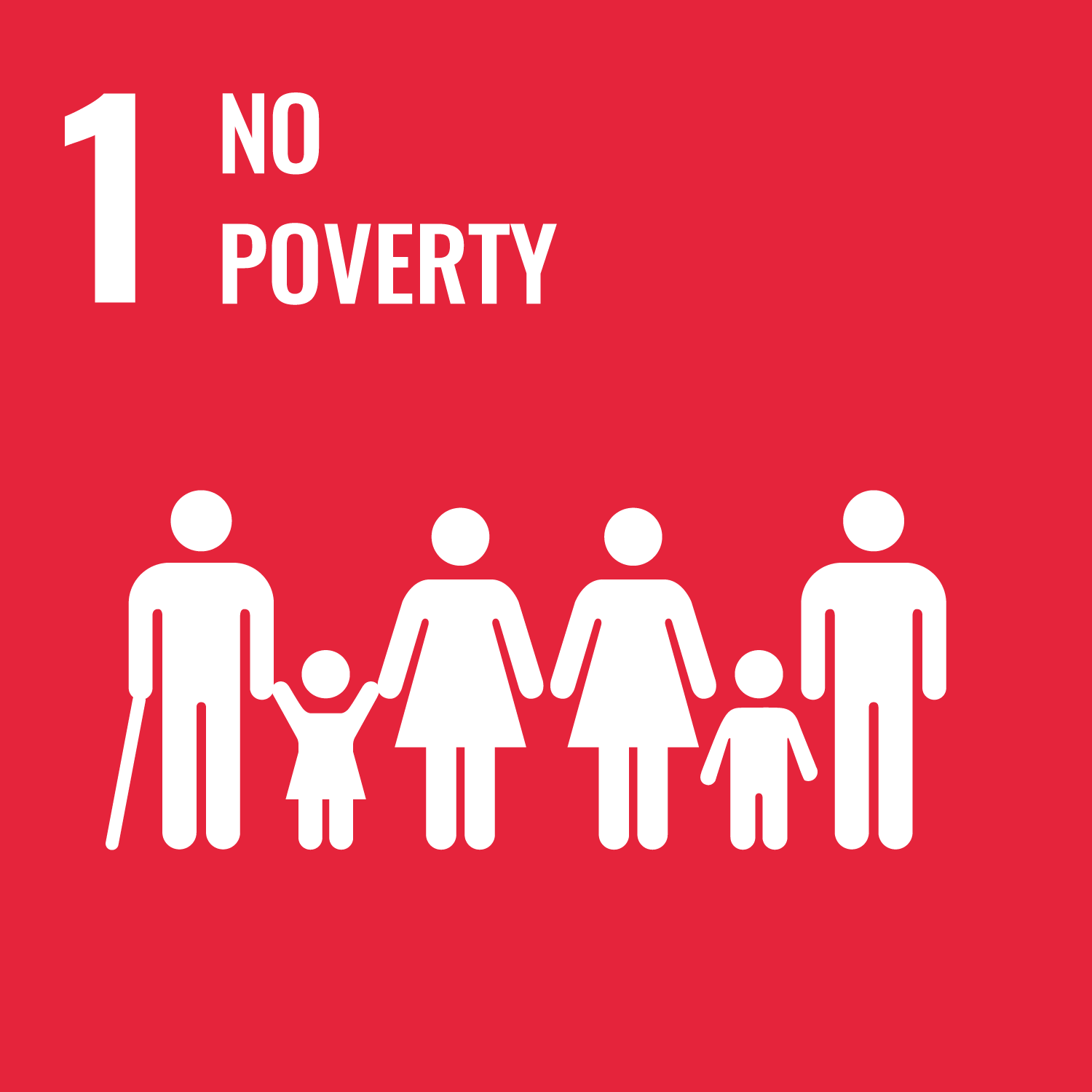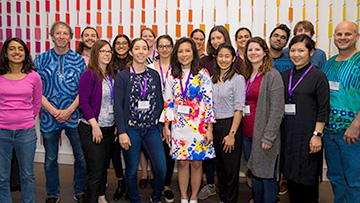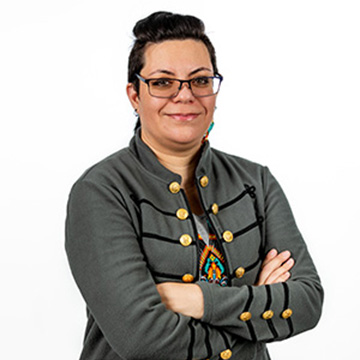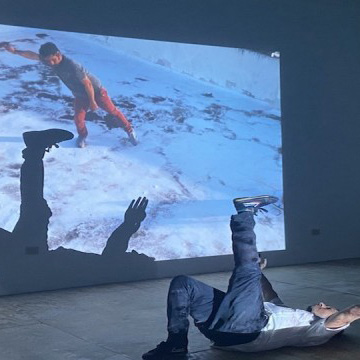The Global Poverty Research Lab
Global Poverty Research Lab (GPRL) uses empirical evidence and interdisciplinary engagement to understand drivers, consequences and solutions to poverty issues and to improve well-being in the developing world. GPRL supports graduate student and faculty research, providing undergraduate research opportunities, coordinating a seminar series, and assisting with data management. These initiatives include geographic or sectoral-focused research clusters focused on the collection of long-term panel data to measure the impact of interventions, as well as direct policy engagement support through communications, forming engagement strategies and event planning to translate research findings into interventions and policies.



